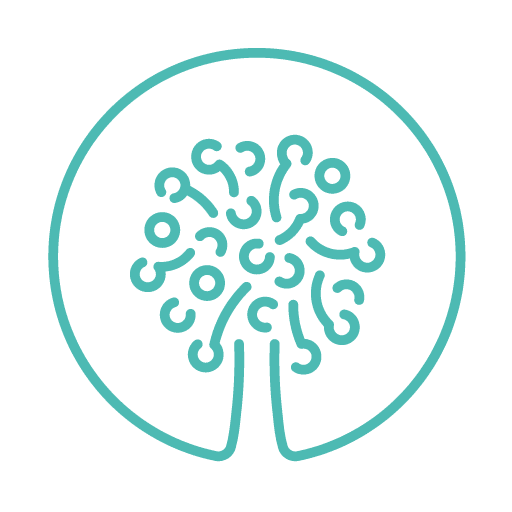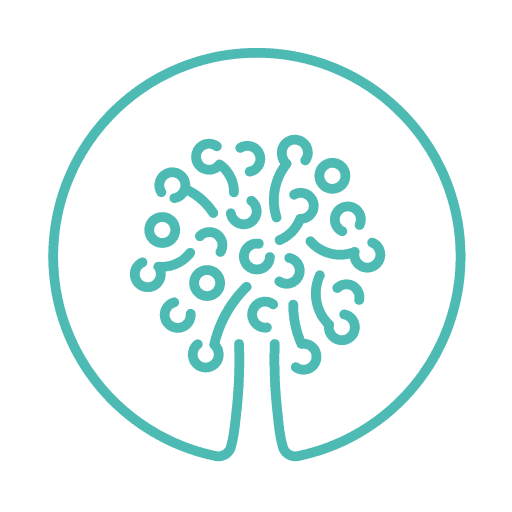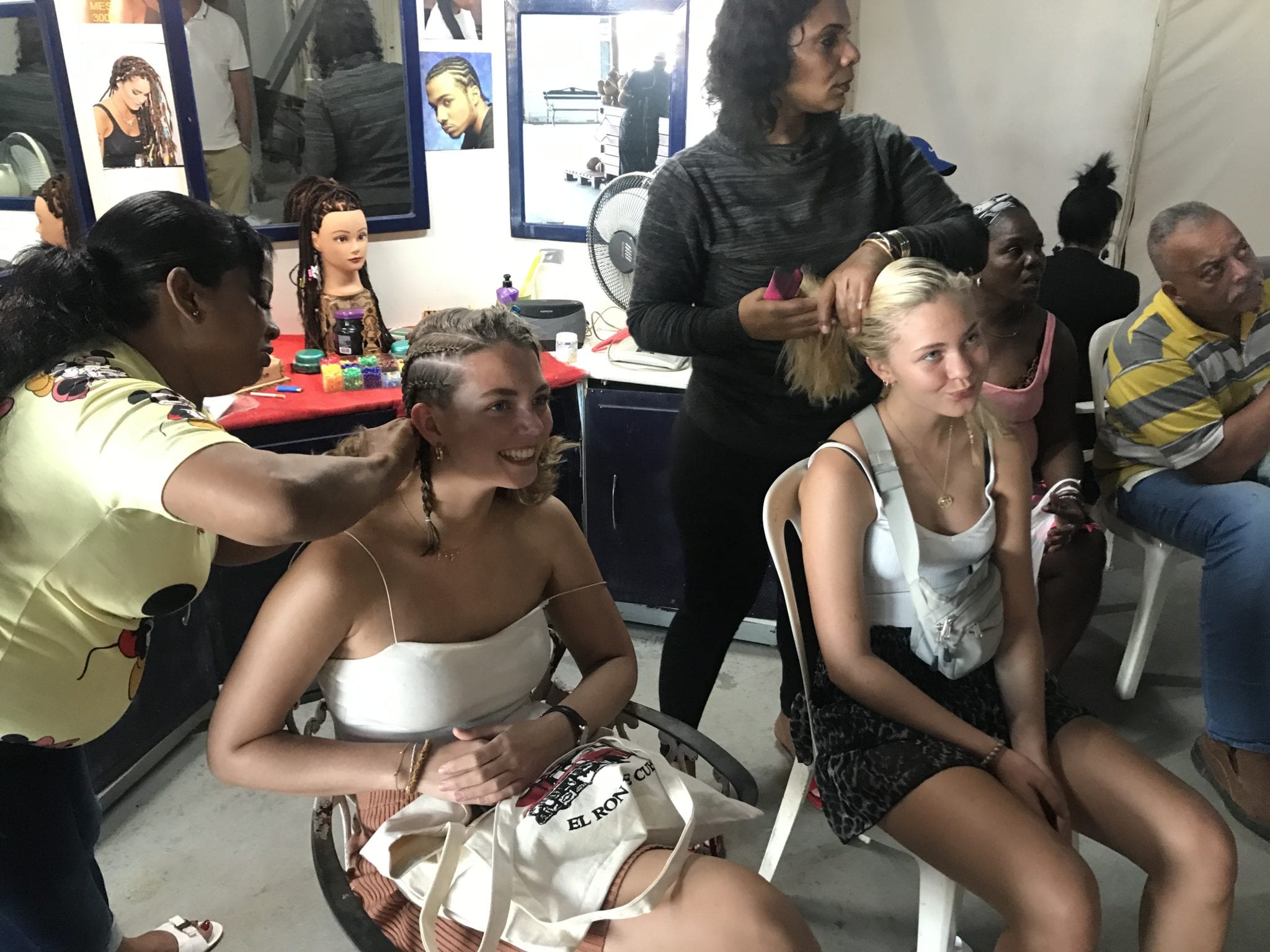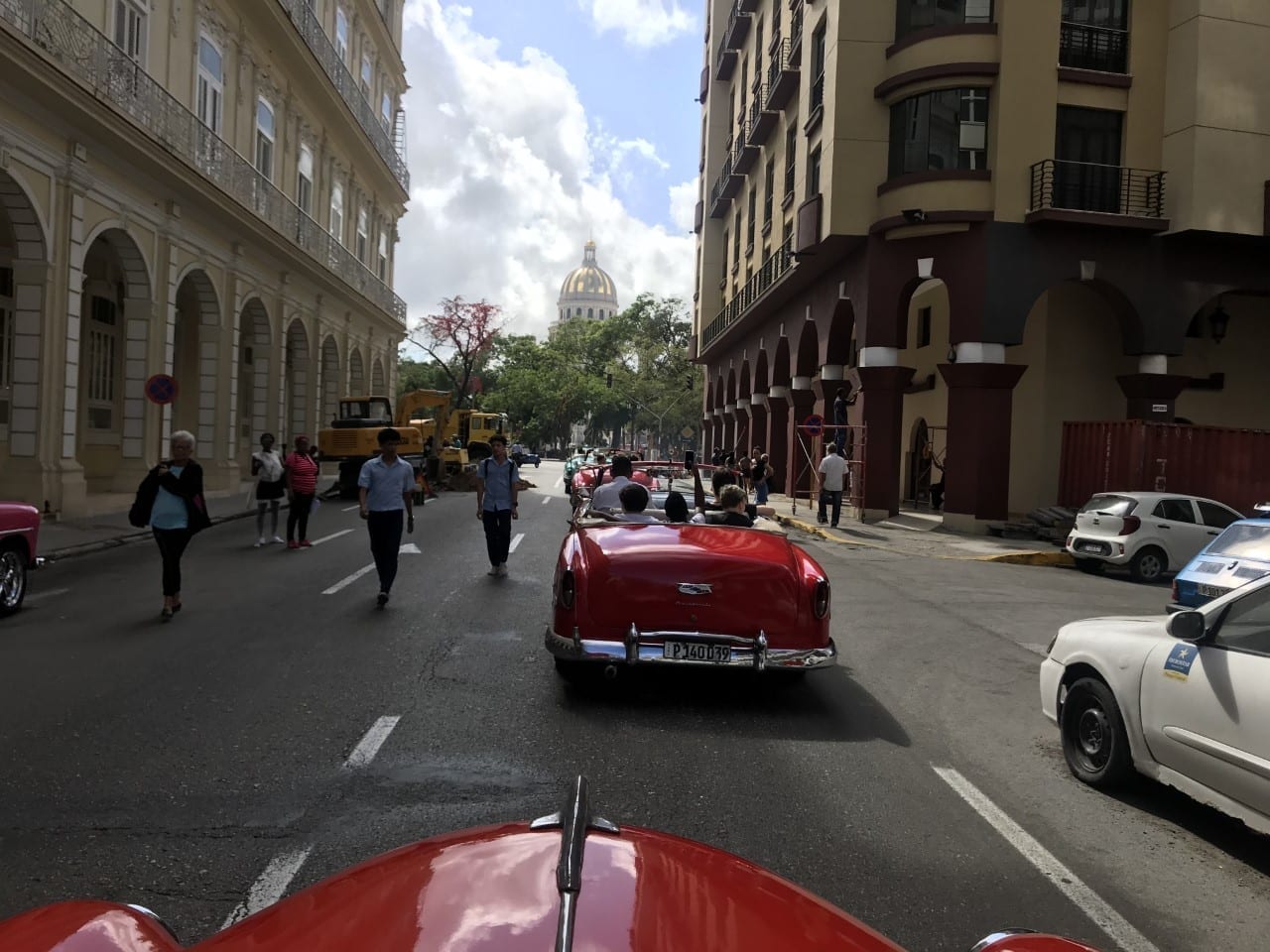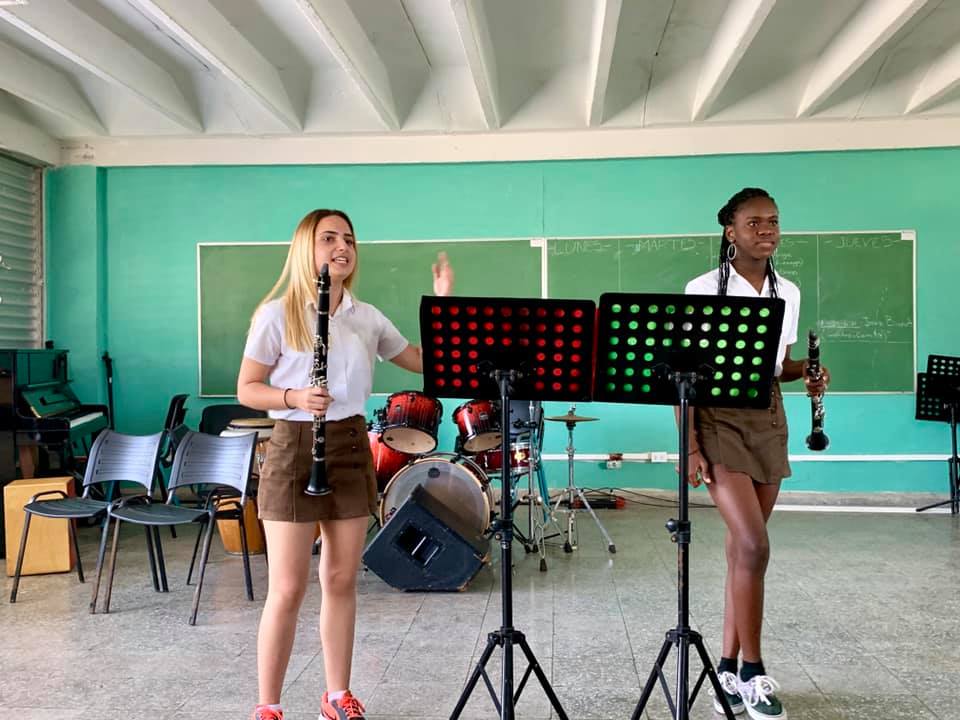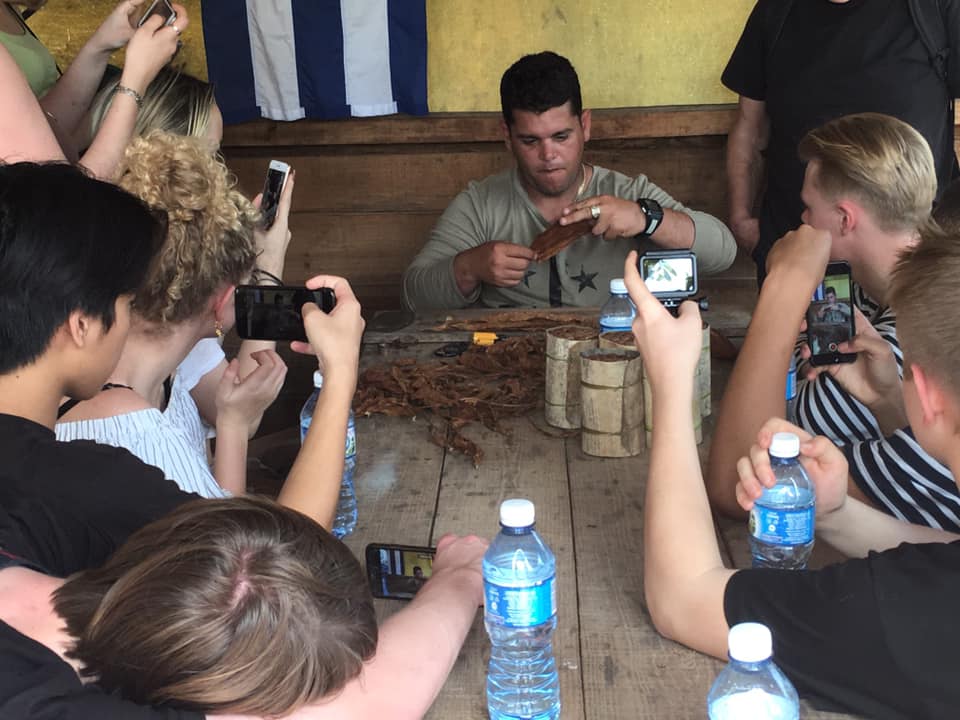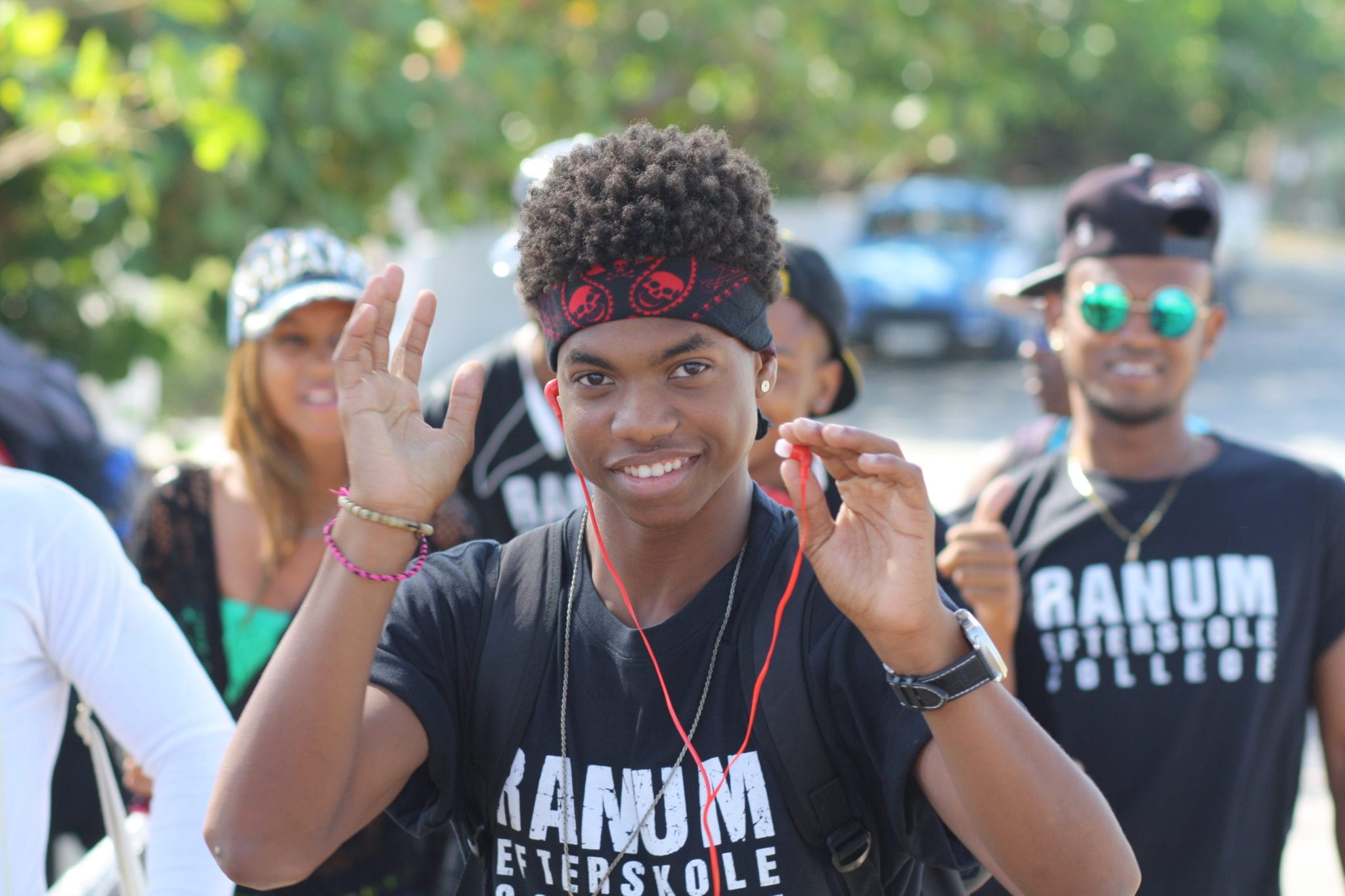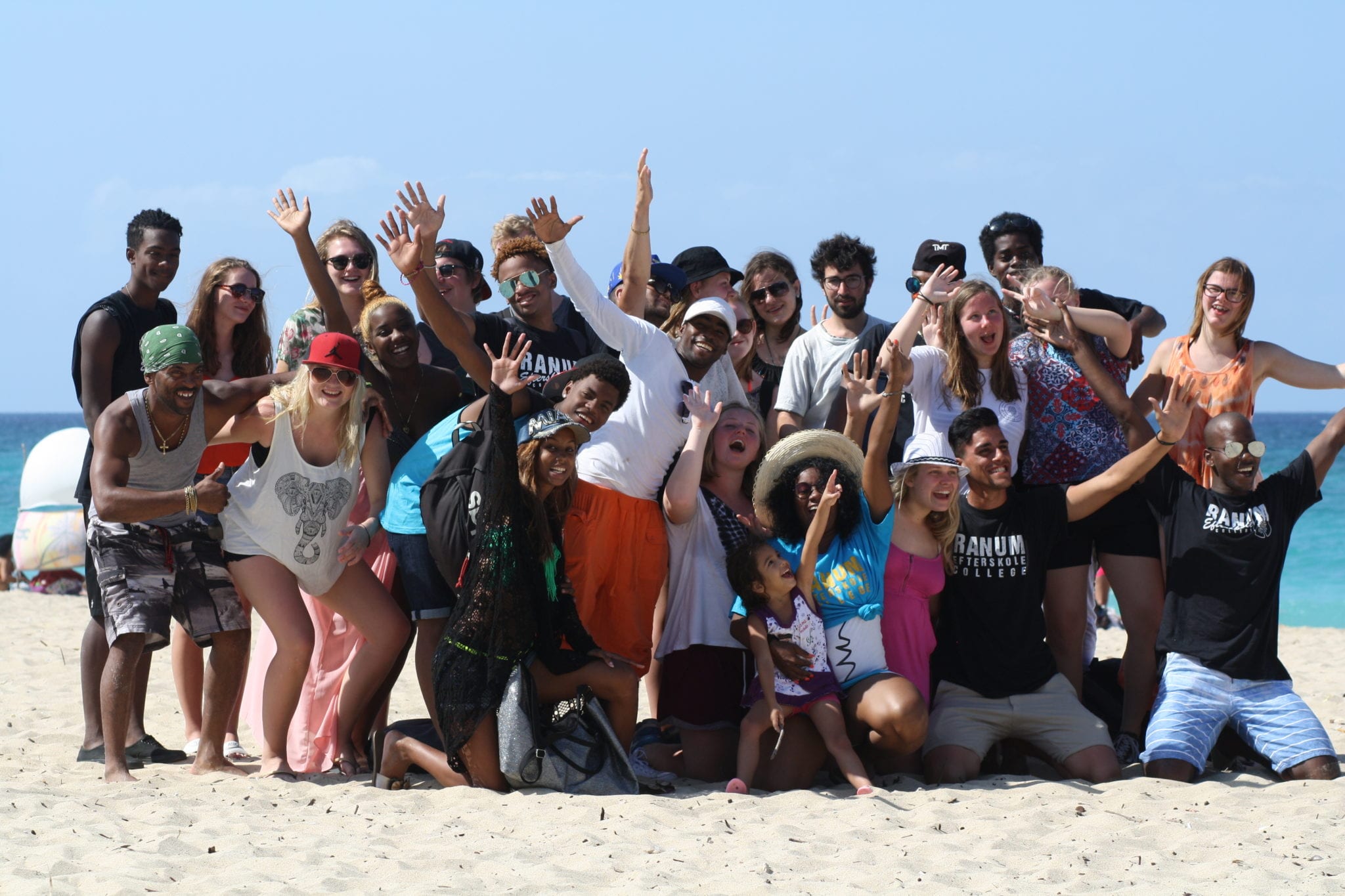
Cuba
Category
Previous Cultural subjectsCuban lifestyle, culture, school visits and music culture
We start in Havana, Cuba, where we meet a very special community, marked by Castro's communist revolution in 1959 and the subsequent trade blockade launched by the United States. The beautiful colonial houses are in many places in disrepair, but the joy of life and the very special energetic Cuban music culture waves around the streets.
Since Cuba has lived largely separate from the rest of the world since 1959, the country is a kind of time pocket, which greatly makes it worth a visit. The culture is quite distinctive and unique, and especially the Cuban dance and music is second to none. African, Spanish and American culture has provided a dynamic mix, where especially salsa has become known and loved on dance floors worldwide. We will also do a lot to meet Cuban youth culture. Young people from Cuba want to experience the world and feel isolated from Western culture. They seek it out on social media, and when Cuban culture meets Western youth culture, it is often an exciting encounter.
The trip
During the trip to Cuba you will have the opportunity to shape the lessons and the trip to Cuba itself. During lessons we are going to work with e.g. the cuban history, the life of young Cubans, try salsa and receive Spanish lessons. Furthermore, we will be preparing visits to different places in Cuba. For the most part, we are going to be spending our time in Havanna, a gem that has been added to the UN World Heritage list. We will be visiting a school and a youth club that focuses on music and dance. We will be receiving dance lessons from local instructors: this, however, is not mandatory, so if you want, you can spend your time dancing, or focusing on e.g. the Cuban history. In that connection, we will be planning a hike in the footsteps of Fidel Castro. We will also visit Viñales, a picturesque area where the farmers grow tobacco. We are going to visit a local tobacco farmer and maybe even explore the area on horseback.
UN Sustainable Development Goals
Despite the common Cuban having a low standard of living, the education level in Cuba is high. Education is free and there is a constant focus on providing everyone with the possibility to acquire knowledge. Therefore we will be working with UN sustainability goal no. 4, quality education - everyone must have the same access to quality education and lifelong learning. This goal is very interesting to investigate in a country with a communist government: Does the strategy actually work? What do the young Cubans think? We will also be working with goal no. 10 - reduced inequalities - we must reduce inequalities in and between countries. This goal is a foundational element of the communist ideology, but how is the economic inequality in Cuba actually looking and what consequences has the american trade embargo had in relation to the economic situation in Cuba and its status worldwide.
Suggestions for activities and excursions
- Excursion to "Old Havana"
- Visit schools in Havana and in Trinidad
- Dance and music experiences
- Trip to Trinidad or Viñales
- Horseback riding in the mountains
- UN World Heritage sights
- Visit a cigar factory
- Visits that are adjusted according to the students' projects
Safety
The students should have passed our swimming test as we are going to the beach and also swimming in a small waterfall in Trinidad.
The travel advice from the danish Ministry of Foreign Affairs says: "the general security in Cuba is relatively good and stabil, however, the amount of unjust enrichment is quite high. We have previously travelled to Cuba two times and have never had any problems, not even with theft. NB! The tap water in Cuba is undrinkable.
Vaccinations
Diphtheria, Tetanus and Hepatitis A.
Teachers
 |
|
| Mette Støttrup Jensen ms@ranumefterskole.dk |
Terms and economy
Self-payment approx. 11.500 DKK.
Pocket money: App. 1.000 DKK recommended


